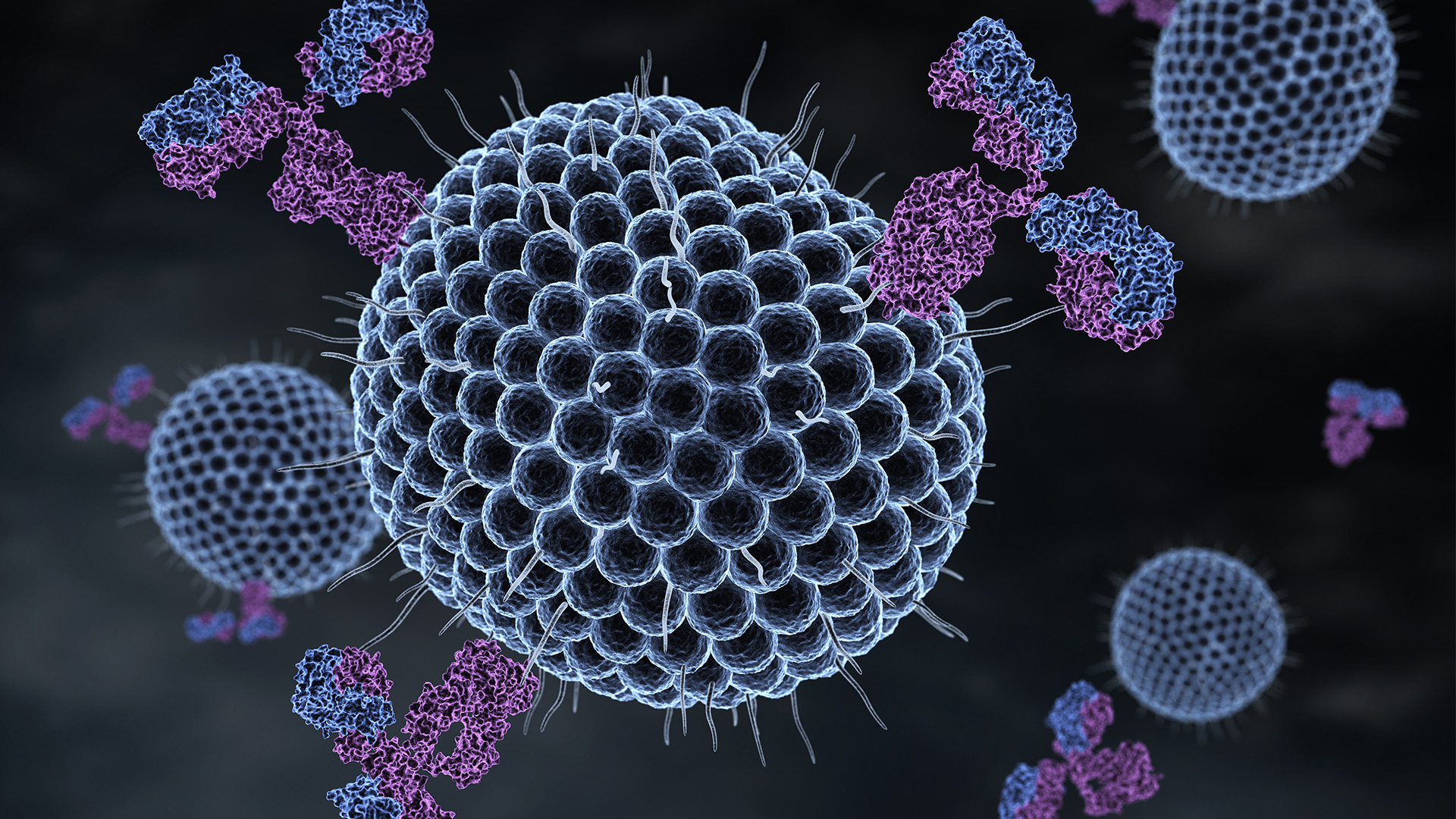When it comes to a sexually-transmitted disease that is highly infectious, genital herpes is one to take note of. It cannot be cured, only controlled.
What is genital herpes?
It is a sexually transmitted infection caused by the Herpes Simplex Virus (HSV). There are two types of HSV, namely type I and type II.
How does one get genital herpes?
- Sexual intercourse with an infected person
- Mother-to-child transmission during childbirth

Note that many people infected with herpes may not have any symptoms or visible sores or blisters. Many people who are infected with herpes may not even be aware that they are infected.
What does the doctor mean when he says I have ‘primary herpes’?
Primary herpes is the first episode of infection that occurs after a person has been exposed to the virus. Primary infection with HSV is usually more severe, causing significant pain. It lasts about 2 weeks before healing takes place.
The following are consequential symptoms:
- Groups of blisters appear
- These blisters can break down to form shallow raw areas or ulcers, which can be painful.
What is recurrent herpes?
HSV is a virus that can stay latent in your body. That means that after an episode of genital herpes, there will be some virus that ‘hides’ itself in certain locations in the body (usually in the nerve roots). When the virus is ‘latent’, it does not produce any active lesions on the body. However, the virus can reactivate and be present on the genital skin intermittently and this is how transmissions take place. It is important to take note that the skin can still look normal even if there is HSV present on it.

Recurrent herpes refers to the subsequent episodes of genital herpes that occurs after the primary infection. These attacks are usually less severe and last a shorter period, perhaps 3 to 5 days.
It is also important to aware that:
- Not everyone who is infected with HSV gets recurrent episodes
- There is no way of predicting how often the attacks will occur
How is the diagnosis made?
Cultures will be taken to confirm the infection. However, the culture may not be positive if the episode of herpes has lasted a few days, as there may be less virus on the site from which the swab was taken.

Blood tests – these have to be used in conjunction with expert medical advice as there are some limitations and situations where they may not be useful.The blood tests that can be done are called type-specific serological tests. They detect antibodies against HSV I and HSV II. Finding these antibodies indicates previous exposure but does not tell us if the infection is currently active.
Antibodies may take 6 to 8 weeks to develop and hence may not be present if the blood test is done too soon after a first episode of infection. Many adults will have antibodies against HSV – this usually is from non-sexual transmission.

Can I be treated?
Antiviral drugs are available. These can control outbreaks and symptoms, but do not cure the disease.
You should discuss with your doctor the various ways recurrent herpes can be managed – sometimes you can take medications to ‘abort’ an attack when you feel it coming on, while others may take the medications daily for up to 1 year to prevent frequent recurrences.
